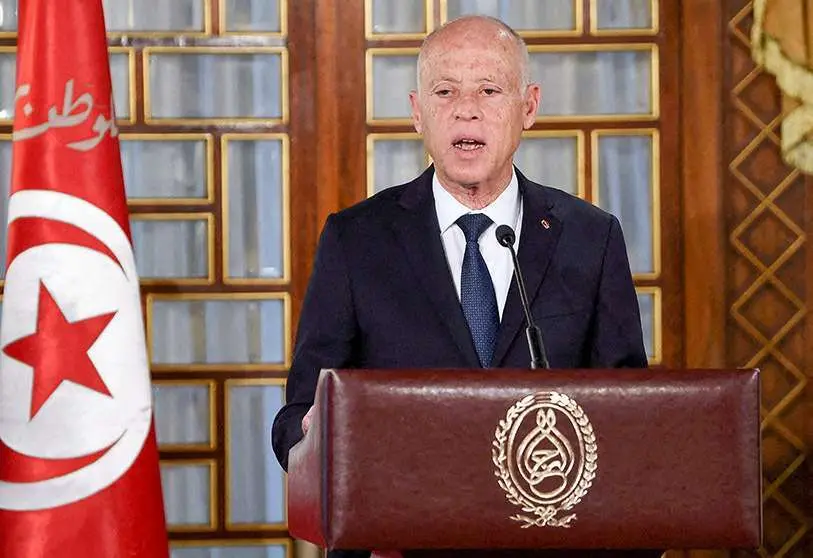Tunisia, getting out of the vicious circle

The Maghreb country "has the strength and the ingredients to revitalise its economy and become a 'Mediterranean tiger', but this potential never seems to materialise", concludes the expert.
Recent events in Tunisia have shown the blindness and infighting of the political class in the face of an increasingly impatient people, revealing a blow to nascent democracy; a crisis that continues in a more complex manner, in the face of a lack of clarity and vision, the ambiguity of the scenario and the incapacity of the political parties.
With economic stagnation seemingly intractable and international criticism mounting, Tunisian President Kaïs Saïed faces a complex situation with state coffers emptying and his power challenged, Tunisia needs a credible and efficient government, not just an entity to collect international aid.
Consensus-building and negotiation in recent years have allowed the country to open the way to parliamentary democracy without descending into chaos or violence. Political transitions are difficult and take time. This process also needs a consensus to push for an economic rescue plan to meet the aspirations of Tunisians, especially the youth, and transparency in state administration.
Rising inequality is a continuing source of unrest; 11 years after the revolution, coastal regions continue to benefit from improved infrastructure and diversified economies, while inland communities struggle with high rates of poverty, lower levels of education and, in some cases, difficulty accessing basic necessities such as water, sanitation, roads and energy.
Tunisia's economy has experienced a sharp slowdown and has entered several periods of recession due to a number of factors that increase its vulnerability to internal and external actors that could frustrate the democratic process. This context generates a complex domestic political situation: falling investment, falling exports, especially to the EU, its main trading partner, falling production in its non-manufacturing sectors and falling tourism revenues.
As a result, this has increased the unemployment rate and directly affected its recovery. Tourism is its main industry, contributing 10% of GDP and 15% of jobs, so the blow to this sector damages political and economic stability.
The current economic model has led to low investment, low productivity and low value added. There is an urgent need for fundamental reform in all sectors of the economy, especially banking and investment laws. The economy has experienced a sharp downturn since 2011, and has only managed to grow by 3% in some years, far below the 7% needed to provide jobs and better living standards.
Tunisia presents an economic paradox. It has the strength and the ingredients to revitalise its economy and become a 'Mediterranean tiger', yet this potential never seems to materialise. It has a well-educated workforce, situated between the Mediterranean and the Sahara, and acts as a business link for Europe and Africa.
The country has an open economy, tourism and energy sources, important factors for attracting investment, but it will have to rely on a system that protects the economy and provides guarantees to investors by eliminating restrictions and red tape, a situation closely related to the previous period of corruption.
Economic success is vital for political progress and its future. Tunisia must reintegrate disillusioned youth into economic and political life. It must consolidate its commitment to modernisation, education, women's rights and the role of the social partners, and show that it is possible to change through the ballot box without falling into the trap of coups, a return to dictatorship or despotism.
There is an urgent need to strengthen democracy, peace, security and development. The will and hard work of Tunisians will succeed in transforming the country into a role model, but the race will be long.

